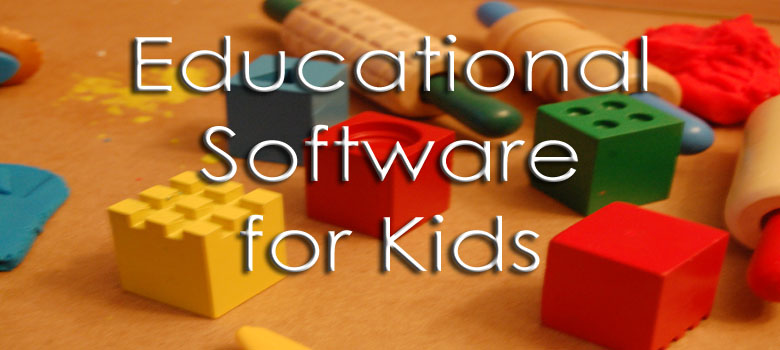The moment you drop your son or daughter off at school so that you can make your way to your job means putting them in the care of the school system. For most parents this might be the only time of the day where they don't know what's going on in their children's lives and that can be scary.
Unless you get a phone call from the school alerting you to something being wrong then you really have nothing to worry about and can wait for their next report card to see how they've been performing in school. For kids the report card is a dreaded time of the year, especially if their marks are poor, but for parents it's that one time where they get to see exactly what's been going on during the time they're working and are away from their son or daughter.
The main goal of report cards isn't to scare kids but to give parents a better understanding of their son or daughter's educational performance up to that point in time. Report cards are meant to give parents a glimpse into their child's school life to see what they're doing in school, what they're learning about, be it geography or algebra, what areas of learning they're excelling in, and highlighting any areas they may be struggling with and could use extra help with.
While every parent would love to come home from their job to find a report card with straight A's that they could show off to their fellow buddies at the office not every parent gets to experience such a feeling. Many kids will instead bring home report cards that show how much they've been struggling with certain classes or lessons and recommendations for extra help outside of the classroom.
The first reaction of many parents when such a report card is handed to them is to be upset and to try to come up with excuses that would cover up the negatives of the report card. That doesn't help anyone out though and instead of getting angry parents need to follow the advice given by teachers that recommend extra help on reports cards. That extra help could come in the form of hiring a tutor, working with an aid that understands learning disabilities, or even working with your son or daughter one-on-one.
Whatever solution you and your child's teacher come up with should be all about what's best for your son or daughter that will get the help they need to eventually excel in the areas they're currently struggling in. Many thanks to Our Therapist - website and Apex Flood Restoration Company Near Me
| 